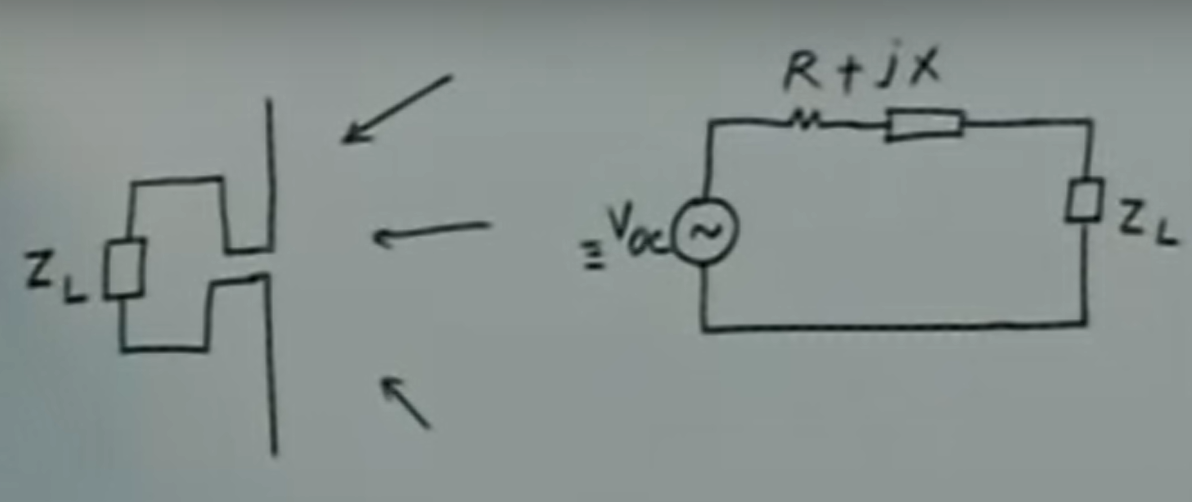1.If the incoming E-M wave can induce a voltage won't it accelerate or decelerate the electrons in the wire and doesn't this acceleration cause further radiation (lets call it secondary radiation) of E-M waves?
Yes, exactly. It is indeed sometimes (e.g. in physics of EM wave scattering rather than in engineering) called secondary radiation, while the incident wave from the source is called primary radiation.
2.Won't this secondary radiation lead to loss in the effectively received power?
That's not a good formulation (it is misleading). Because without secondary radiation, there would not be any change in the EM energy flow compared to empty space without the receiving system. One cannot assign energy to secondary radiation directly; EM energy is property of total EM field, and secondary radiation changes its flow in space in such a way that some EM energy is captured by the receiving system with help of the antenna, and some other (often the major part) goes past the antenna, around it, further away.
Amount of energy that is captured depends on amplitude and phase of current oscillations in the antenna (relative to phase of oscillation of the primary EM wave), which in turn depend on details of the receiving system connected to it, such as whether all parts of transmission path are impedance matched. Impedance matching is designing/tuning the circuits in such a way that power transfer from source to load is maximal and power reflection back to source is minimal. If impedances are not matched, then the antenna will redirect less EM energy into the system, and more energy will remain in the EM field.
Of course, different antennas will change the flow in different ways, and some antennas will "capture" more EM energy than others, based on their different geometry. But all antennas need to produce some secondary radiation in order to work at all.

